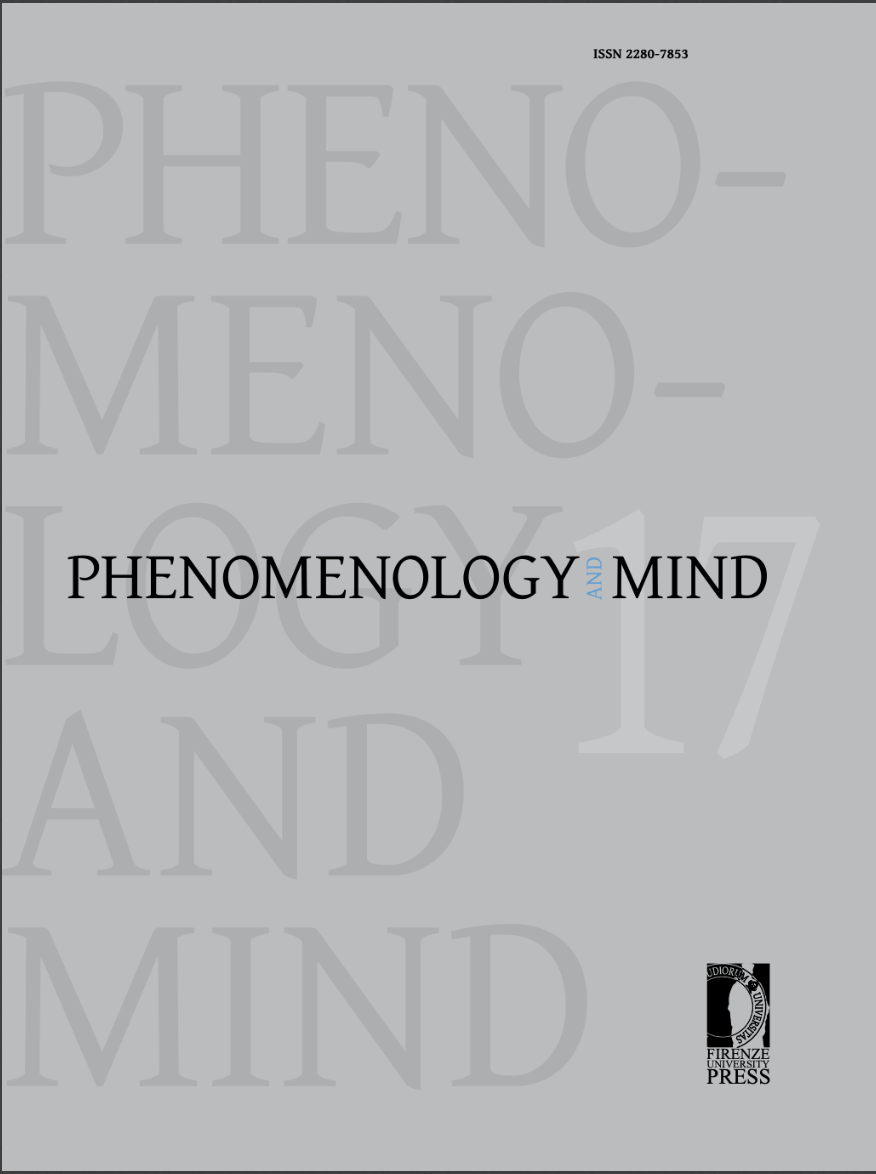Abstract
Social institutions are considered as generally stable entities but, at the same time, prone to unpredictable and even dramatical changes. The paper draws some considerations on this issue by means of an analysis of the notions of validity and objectivity, seen in the light of the critical situations that institutions may face. Consider the case of an irregular election that leads anyhow to a result accepted by authorities and population at large. Such an election seems to be valid and not valid at the same time. These contrasting intuitions reflect the twofold nature of institutional reality: it depends on one side on what is accepted by those who are dealing with it, but on the other side also on what it is actually going on according to its rules. The article frames this problem in terms of response-dependence. In this respect, it follows, but also expands, Hindriks (2006), to reach the conclusion that institutions are easily prone to fall apart. Anyway, not in all cases this actually happens; on the contrary, institutions seem to be quite stable. We propose that what makes them stable, but also unpredictable, is, in a sense, a sort of misunderstanding among the involved agents. Explaining such misunderstanding amounts to analyze the notion of objectivity in social reality. We argue that objectivity is more a requirement than a feature of institutional systems, being institutional objects mind and context-dependent.

